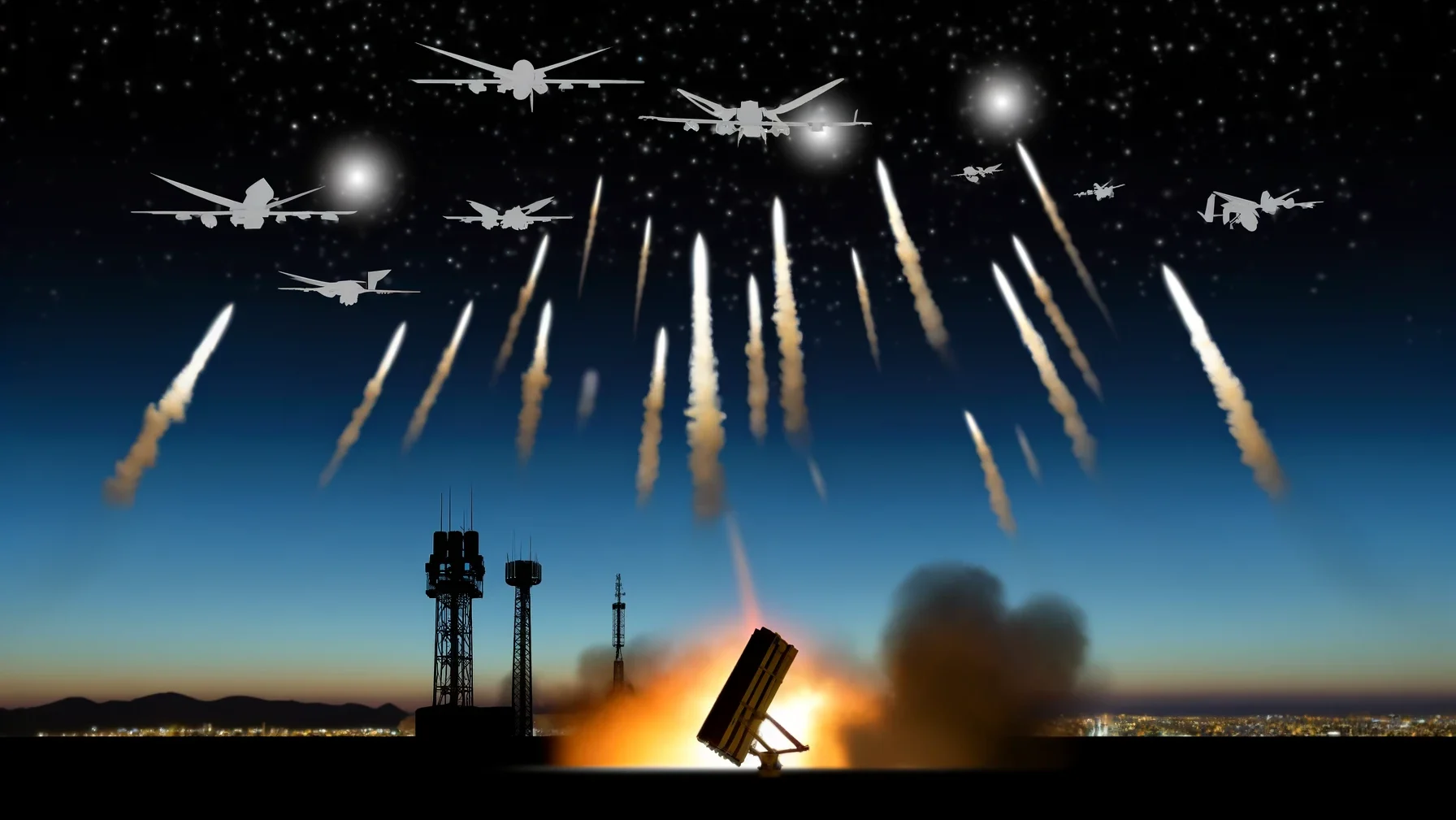7 Hours to Israel
An-Nahar, Lebanon, April 16
Amid the tense anticipation of Iran’s response to Israel’s bombing of its consulate in Damascus, a massive missile and drone campaign was launched over the weekend. Reports indicated over 300 aircraft and missiles were involved in the operation, reminiscent of scenes from historical epics. Interestingly, this assault had been foreseen hours prior, allowing Israeli and American defense systems to intercept a significant portion of munitions before they reached Israeli territory. Many sources have suggested the attack was mutually agreed upon. This calculated escalation evokes memories of past agreements between the US and Iran, particularly following the killing of Qasem Soleimani in 2020. The need to appease public expectations, driven by a thirst for revenge, seemed to have influenced Iran’s decision to respond directly. The attack seemed to send a symbolic message as opposed to a full-scale military endeavor, a move perhaps intended to make a political statement rather than inflict substantial damage. The aftermath of these events invites us to examine several critical developments unfolding in the region. Firstly, there is a deliberate effort to portray Iran’s military capabilities in a formidable light, akin to the hype around Saddam Hussein’s regime in the 1990s. This narrative may serve to provoke or justify future actions against Iran. Secondly, Israel’s aggression toward the Iranian Consulate seemed designed to incite a direct response, steering the conflict away from proxy wars in neighboring countries. The political mileage gained by Israeli Prime Minister Benjamin Netanyahu and the subsequent global support further complicate the situation. The failure of Iran’s recent raid to achieve military objectives underscores the diminishing threat posed to Israel. Despite the sacred nature of the act, the minimal impact raises questions about the real motives behind such actions. The looming possibility of Israeli retaliation provokes speculation about the next move on this geopolitical chessboard. As the dynamics between Iran and Israel shift from covert to overt confrontations, there arises a glimmer of hope for a potential reconciliation, perhaps under the banner of a two-state solution. The historical context of Jewish statehood and regional power struggles suggests a pragmatic approach might be the only feasible path forward. While the rhetoric of an imminent Israeli-Iranian conflict persists, the reality hints at a different narrative. The complex interplay of nationalistic sentiments and strategic interests points to a nuanced relationship with underlying cooperation. The echoes of past alliances and shared objectives hint at a future where conflicts are managed through subtlety and proxy battles rather than all-out war. In the grand scheme of things, the idea of a prolonged direct war between Israel and Iran appears more of a distraction than a plausible scenario. Both parties understand the detrimental effects of such a conflict and are likely to pursue alternative avenues to assert their dominance in the region. This delicate dance of power dynamics will continue to shape the Middle Eastern landscape, with unforeseen consequences and shifting alliances on the horizon. —Mohammed Al Rumaihi (translated by Asaf Zilberfarb)

